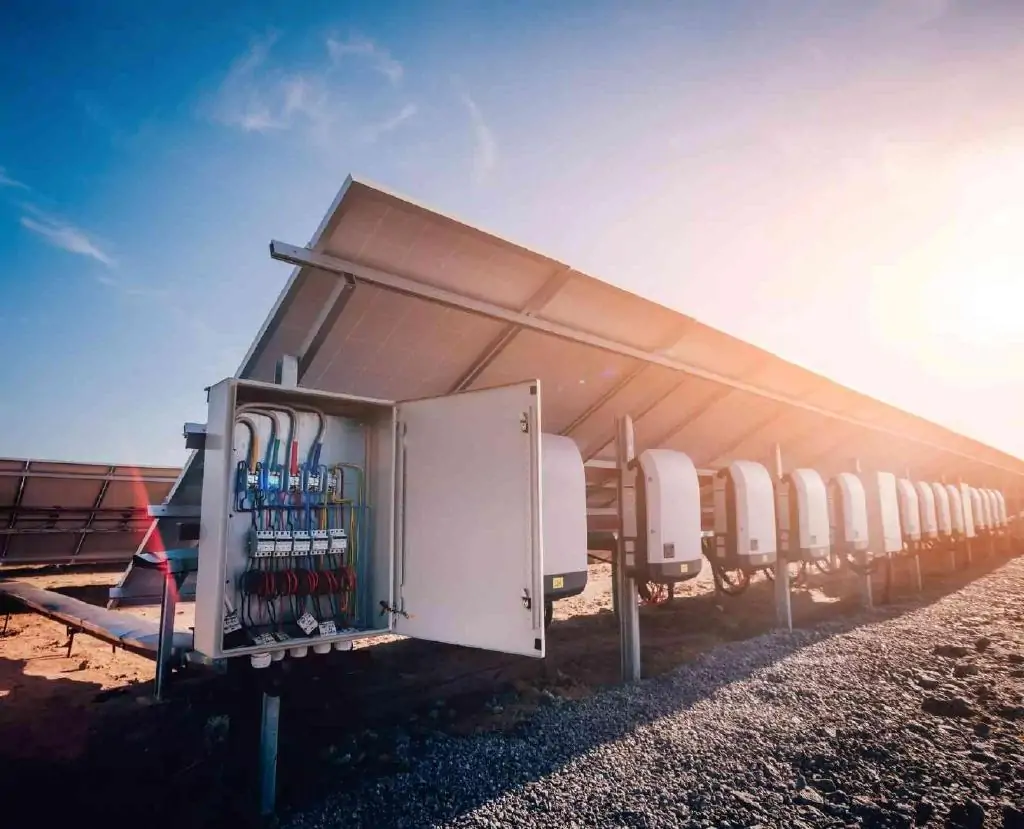 |
Welcome To Evlithium Best Store For Lithium Iron Phosphate (LiFePO4) Battery |
 |

When choosing a hybrid inverter for your home, it’s important to consider its capabilities. A hybrid inverter, often referred to as an intelligent hybrid inverter, offers multiple functions, including connecting with battery storage and integrating with a smart grid. You'll also want to take into account the cost, installation process, and reliability. Opting for a hybrid inverter is a smart choice for those looking to reduce their energy bills.
A hybrid inverter is a sophisticated device that automatically switches AC loads between two sources, helping to stabilize your home's voltage and prevent potential damage. It serves two primary functions: generating and storing reactive power, which is essential for a home's electricity supply. Additionally, hybrid inverters can act as a backup power source.
Hybrid inverters can operate both on-grid and off-grid, depending on the consumer’s energy usage. Unlike conventional inverters that store energy systematically and may result in some loss, hybrid inverters use smart-grid features to store energy more efficiently, allowing consumers to control how much electricity they consume or store, as well as the energy sources they use.
Investing in a hybrid inverter is a crucial upgrade for an off-grid system, providing savings on energy costs and the ability to charge electric vehicles and batteries. However, they come at a premium, with prices reaching up to $2,000 depending on the desired features. It's important to weigh the costs before purchasing one for your home.
A key advantage of hybrid inverters is their built-in storage capability, which allows them to store excess energy during outages. Although some opt to install batteries before a hybrid inverter, doing so with the inverter often reduces overall installation costs compared to traditional grid-tied solar inverters. Additionally, hybrid inverters can be connected to electric vehicle chargers, offering a convenient way to power electric cars.
Hybrid inverters combine solar panels and batteries to provide a consistent and reliable electricity supply. They offer peace of mind during power outages by maintaining critical loads, such as essential appliances. Compared to traditional string inverters, hybrid inverters are often equipped with more outputs and inputs, which can lead to a better return on investment.
Reliability is a critical factor in ensuring the uptime and profitability of a hybrid inverter. Choosing a well-tested and proven model is key to a long service life. Look for third-party quality assurance programs like CEA certification, which offer unbiased evaluations of inverter quality. While all inverters may face quality issues, consistent reliability testing helps minimize the risk of malfunction.
For instance, Deye inverters are designed to withstand extreme temperature changes, with rigorous testing on each component for performance, efficiency, and reliability. The Sun-5G series of hybrid inverters, for example, is known for its excellent outdoor adaptability and has been the first of its kind to pass stringent reliability tests. A high-reliability inverter should be robust enough to handle various external conditions.
In off-grid mode, hybrid inverters can operate independently or in conjunction with a lithium battery. Depending on their type and capacity, they can function either on or off the grid. Many hybrid systems utilize an off-grid inverter as a backup power source for various tasks, and a multi-mode inverter can also support large loads like pumps.
Choosing a hybrid inverter means investing in a versatile and reliable solution that can adapt to your specific energy needs, helping to ensure your home remains powered efficiently, even during outages or peak demand times.
Edit by paco
All Rights reserved © 2025 Evlithium Limited